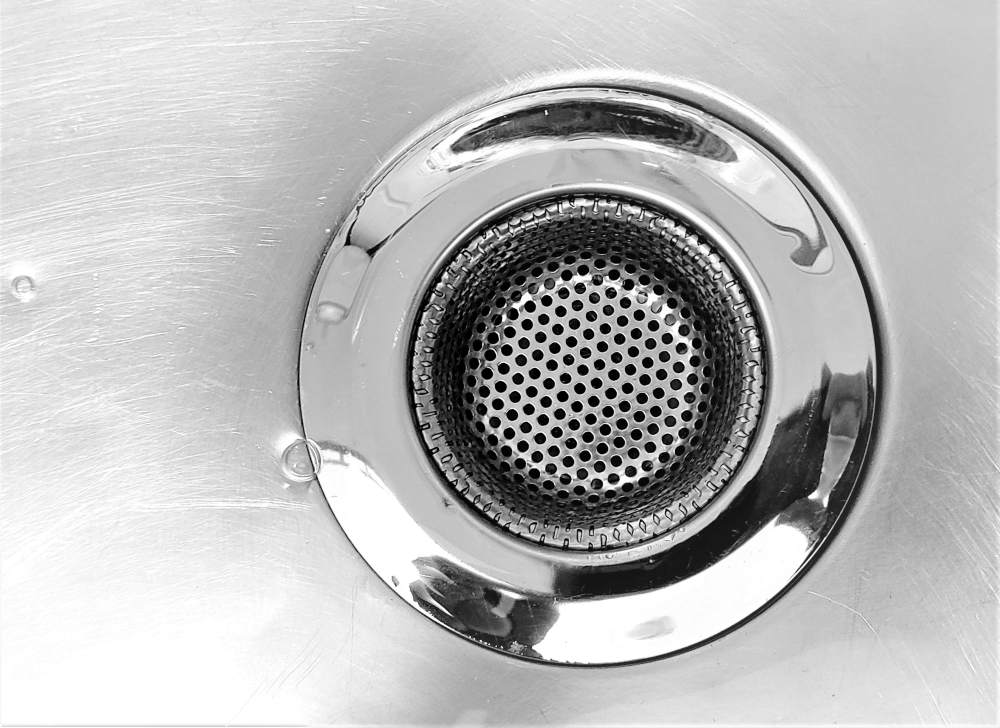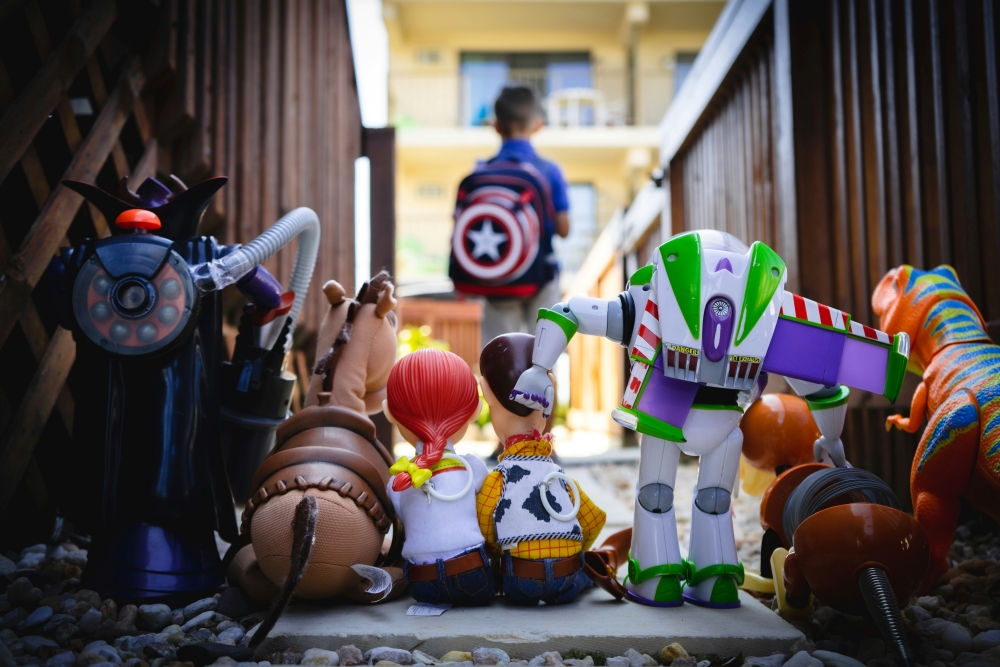Blocked drains. Two words no homeowner wants to hear. They are the plumbing equivalent of finding out your favorite coffee shop has closed unexpectedly on Monday morning. Clogs in any part of your home, kitchen, bathroom or yard, can disrupt your daily routines in many ways and it is hard to know why or how they occur. In this blow, we will look at some common culprits behind clogged drains as well as provide tips for keeping those pipes flowing smoothly.
 Photo by Daniel Dan on Unsplash
Photo by Daniel Dan on Unsplash
The Grease That Won’t Quit
Grease is one of the kitchen’s hidden threats. Although it might look harmless enough as it runs down the drain, make no mistake. This sticky substance poses a real risk to pipes by hardening into solid blocks of greasy matter when exposed to cool temperatures and food debris, ultimately blocking your drains.
Avoidance Tip
Never pour grease directly down your drain. Instead, collect it in a container, let it solidify, and dispose of it accordingly in the trash can. Extra points if you use paper towels before cleaning greasy pans.
Hair Today, Gone… Into Your Pipes
Hair can quickly clog bathroom drains. It clumps together with soap scum to form an impenetrable maze that blocks water flow. In time, just a few stray strands from one shower could turn into a call to an emergency plumber.
Avoidance Tip
Install a drain cover or hair catcher in both your sink and shower to protect the pipes from accumulations of debris that clog them up, such as locks. Routine cleaning of these devices will allow your water to continue flowing freely.
Soap Scum: Not as “Clean” as It Looks
Bar soap contains fats and oils that combine with water to produce a filmy residue, leaving behind slimy deposits on pipes’ sides and making passageway narrower for water flow. Combined with debris such as hair or other forms of debris, soap scum is often an easy source of blockages in pipes. An eventuality which must be prevented at any cost.
Avoidance Tip
Switch to liquid soap whenever possible as this will be less likely to leave behind sticky residue in your pipes and drains. Flushing with hot water regularly can also help break down soap scum and keep pipes clear of debris.
Food Waste and the Garbage Disposal’s Limits
Your garbage disposal might seem like an invisible miracle machine, but its limits must be respected. Stringy foods like celery stalks, potato peels, coffee grounds and eggshells are known to clog its workings. Don’t think taking an easier path late at night won’t have any negative repercussions for its operation.
Avoidance Tip
When using your garbage disposal, always follow it with a steady stream of cold water to flush down debris from its passageways and help push it towards its exit point. Better still, compost applicable food scraps for an easier solution for your pipes and nature.
Tree Roots on a Mission
Tree roots are nature’s way of keeping plumbers employed. They’re drawn to moisture inside your underground pipes like botanical treasure hunters searching for water sources. Once inside through any cracks or joints they can cause havoc by growing inside and blocking up sewer lines and drains.
Avoidance Tip
Keep an eye on trees planted near your sewer lines. If there is any evidence of root interference, consult a plumber as soon as possible so they can assess and remove the roots before they become costly problems.
The Temptation of “Flushable” Wipes
Be warned. Most “flushable” wipes don’t actually flush away like they claim, as they do not break down as easily like toilet paper and may clog pipes or get caught in sewer systems, leading to costly complications for you (and potentially your city).
Avoidance Tip
Only flush toilet paper and human waste in the toilet. Wipes labeled “flushable” should go directly into the trash can instead of being flushed. Consider keeping an alternative bin nearby your toilet to create a non-flushing routine behavior.
Kids (and Their Unexpected Projects)
Don’t underestimate your children’s creative energy. Small toys, action figures and toothbrushes have an uncanny knack of disappearing down drains before anyone even notices they are gone. Though children might not understand the concept of drain-safe plumbing, this doesn’t mean your plumbing system won’t pay the price in time.
Avoidance Tip
Teach your children what can and cannot go down drains. For added precaution, install drain guards or covers in sinks and tubs to block foreign objects from entering.
 Photo by Chris Hardy on Unsplash
Photo by Chris Hardy on Unsplash
Conclusion
Clogged drains aren’t just an inconvenience, they’re an indicator that your plumbing needs some additional care and attention. While grease or hair might cause blockages immediately, other problems, like tree roots requiring professional intervention instead. Prevention is the key. By being mindful about what goes down your drains and practicing routine maintenance you can save yourself time, stress, and money in repairs later. Clear drains means having an effortless home experience which you deserve.










